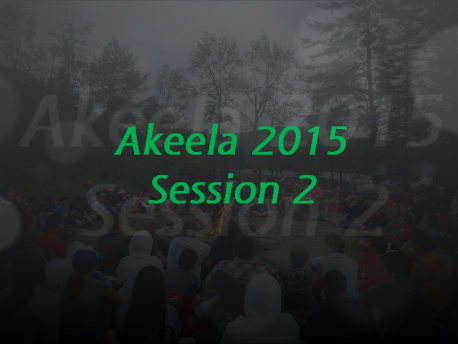A recent article in Psychology Today (here is the link) by Michael Unger highlights how meaningful camp is for children. The author states that, based on his research about resiliency, camp clearly teaches campers life skills that can’t be taught elsewhere. Of course, we agree and have felt strongly about this for as long as we’ve been campers ourselves. For our campers (many of whom have Asperger’s Syndrome) this is even more true.
Our campers often tell us that they don’t fit in at school, in their communities, even with their siblings. Camp Akeela provides them with an opportunity to meet other children like them who understand what their world is like. At camp, they can be themselves without having to work so hard to fit in. Besides meeting peers who understand them, campers at Akeela learn about others. They understand that the world is larger than themselves and that they can be a part of it if they open up their minds. Unger writes, “Perhaps best of all, camps offer kids a chance to feel like they belong. All those goofy chants and team songs, the sense of common purpose and attachment to the identity that camps promote go a long way to offering children a sense of being rooted.”
All camps give campers a chance to learn how to be independent. This includes taking care of themselves (showering, brushing their teeth, remembering to use deodorant), taking care of their belongings (making their own beds, folding their own laundry), and taking care of their new relationships they have formed at camp (learning to say sorry, welcoming new friends into a group, showing interest in those around them). These are all life skills that all children must learn. For our campers, we feel these skills are even more important. Sometimes, as parents, we lose our voices with our children and begin to feel less effective. At camp, children are empowered to do the things their parents have been asking them to do on their own … sometimes because a new (“cool”) counselor is asking them to do it, sometimes it’s because the whole group is doing it, but usually, we find that campers do these tasks because they want to know they can. And when they leave camp, they feel great about themselves.
Camp isn’t just about learning how to sail or make friendship bracelets … it never was. It has always been and always will be about helping children become independent and resilient people. It is what we are most proud of as camp directors.
— Debbie






 Check out
Check out